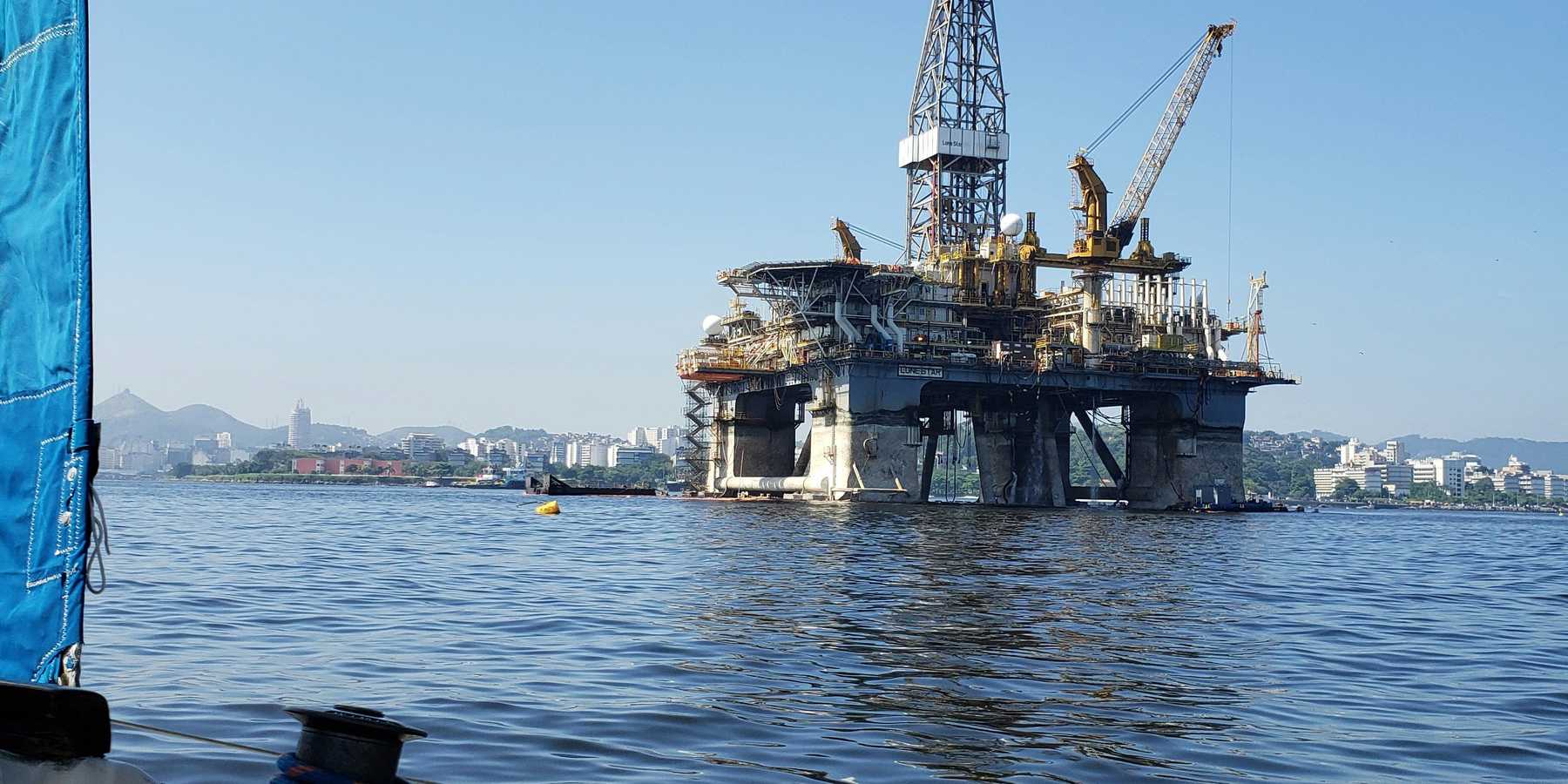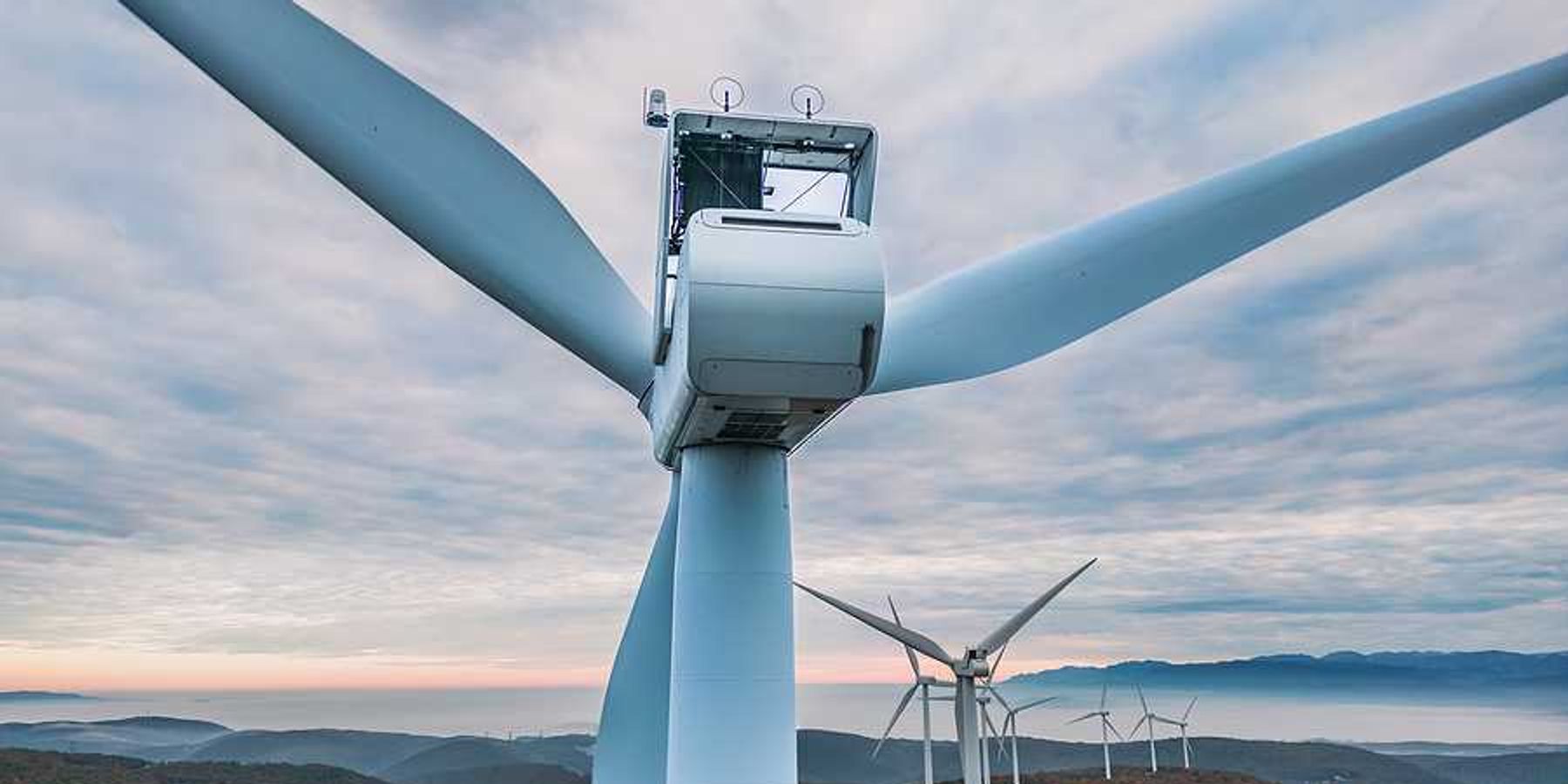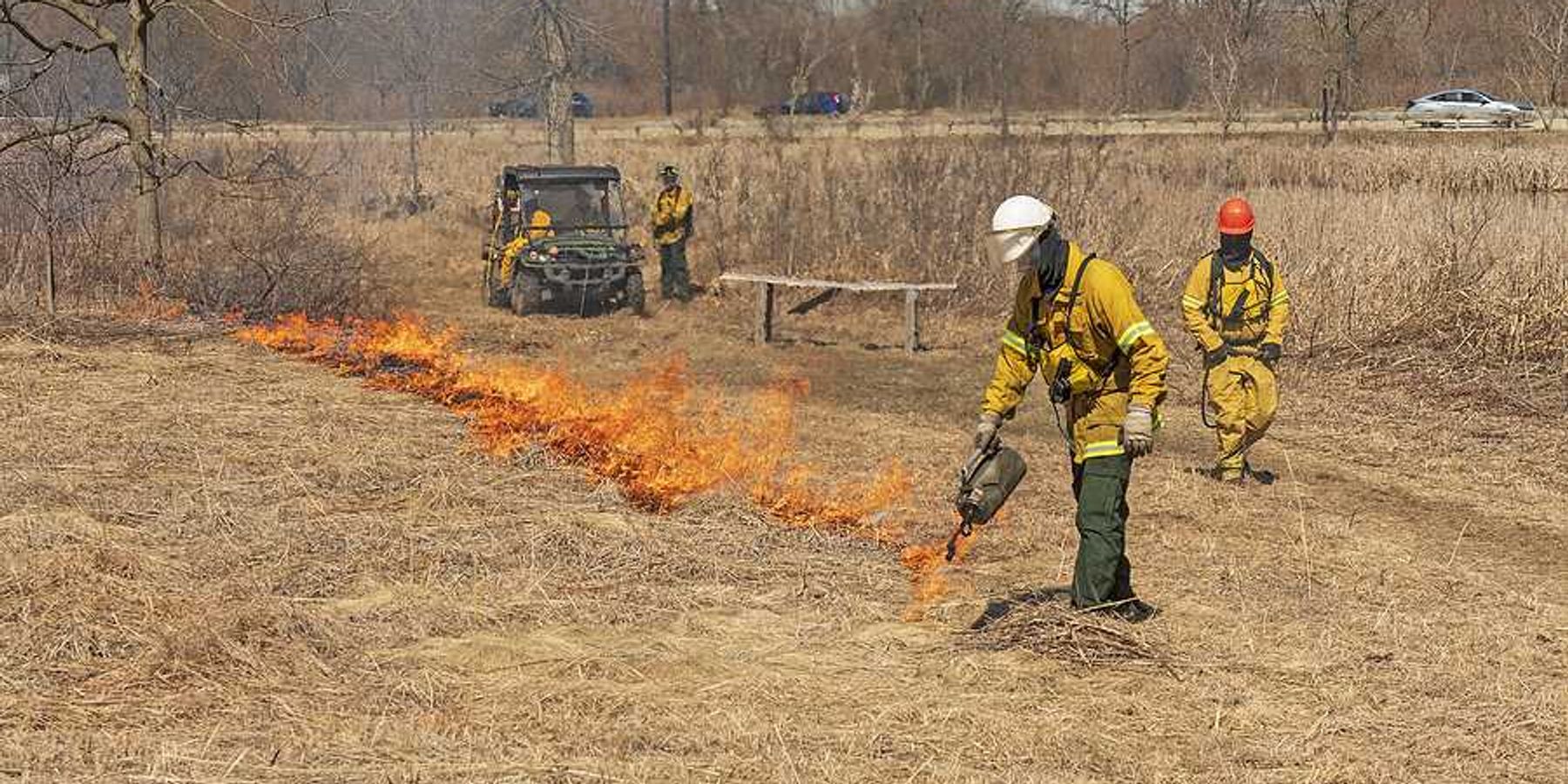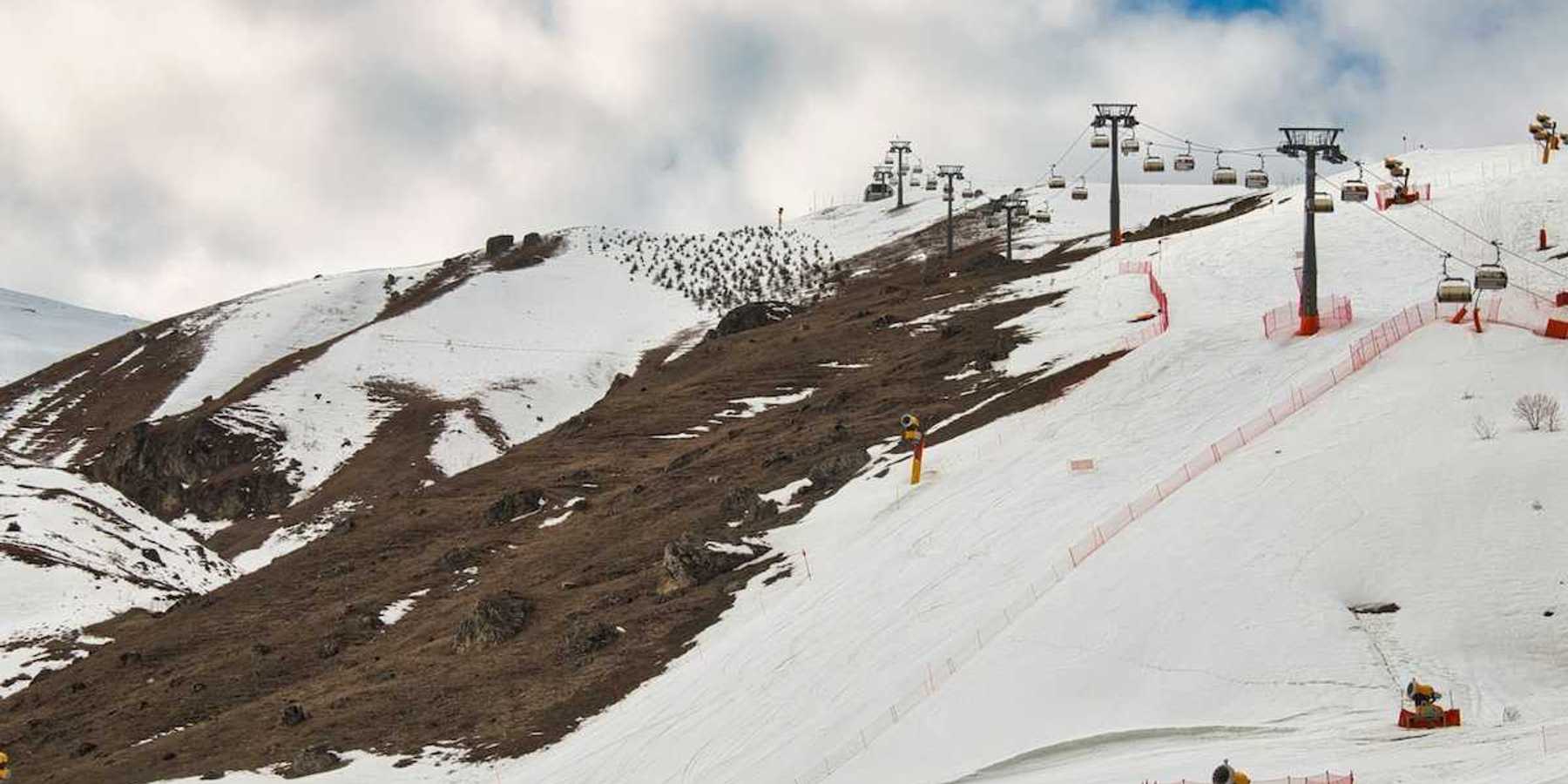Alaska villages face soaring energy costs as GOP debate threatens clean energy tax credits
As Republicans in Congress battle over the future of clean energy tax credits, rural Alaskan communities like Noatak fear losing critical financial lifelines that help power their homes and reduce sky-high energy bills.
Catie Edmondson reports for The New York Times.
In short:
- Noatak, Alaska, relies on costly diesel flown in twice a month, leading to some of the nation’s highest electricity prices, often exceeding $250 monthly for small homes.
- Clean energy tax credits from the 2022 Inflation Reduction Act allowed the village to build a small solar farm and plan for expansion, but a Republican push to repeal these credits now threatens such projects.
- Senator Lisa Murkowski and other Republicans oppose the repeal, citing job risks and uncertainty for energy projects critical to rural, fuel-dependent areas like Noatak.
Key quote:
“A wholesale repeal, or the termination of certain individual credits, would create uncertainty, jeopardizing long-term project planning and job creation in the energy sector.”
— Lisa Murkowski, Republican senator from Alaska
Why this matters:
Energy insecurity is a pressing issue for rural Alaskan communities, where extreme weather, isolation, and a heavy reliance on costly diesel create a perfect storm of financial and environmental stress. While most Americans pay moderate utility rates, residents of villages like Noatak face monthly bills that can soar above $1,000, especially during the brutally cold winters when temperatures plunge below -30 degrees. Clean energy solutions, including solar and wind, offer a path toward reducing these burdens. However, political battles in Washington over repealing clean energy tax credits risk halting or reversing progress. Without federal support, many remote communities may be forced to continue relying on polluting and increasingly unaffordable fossil fuels.
Learn more: Clean energy tech is outpacing politics and reshaping the global power landscape













